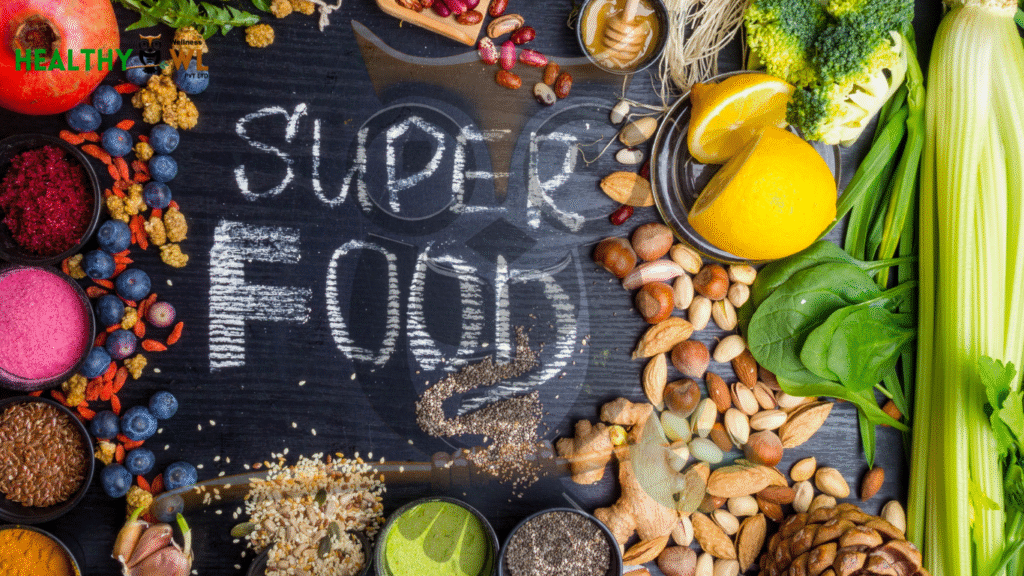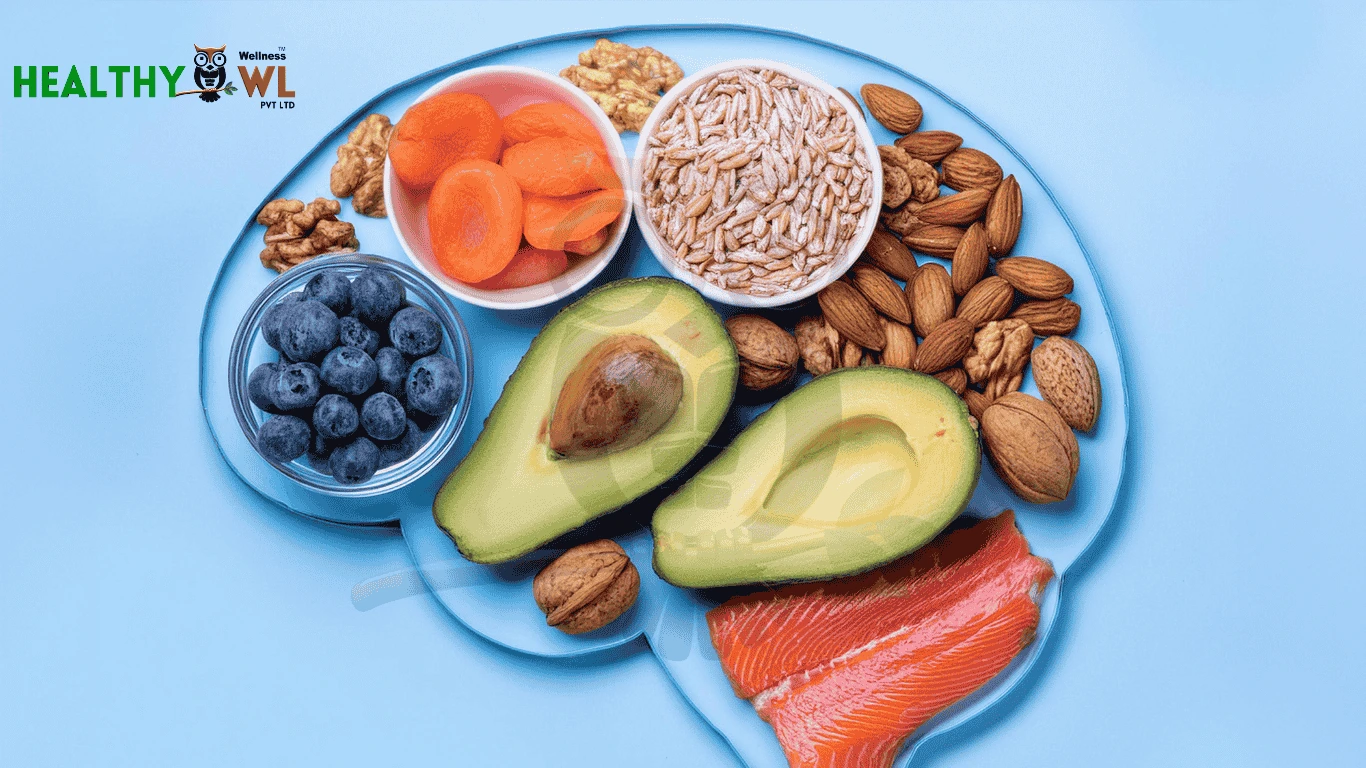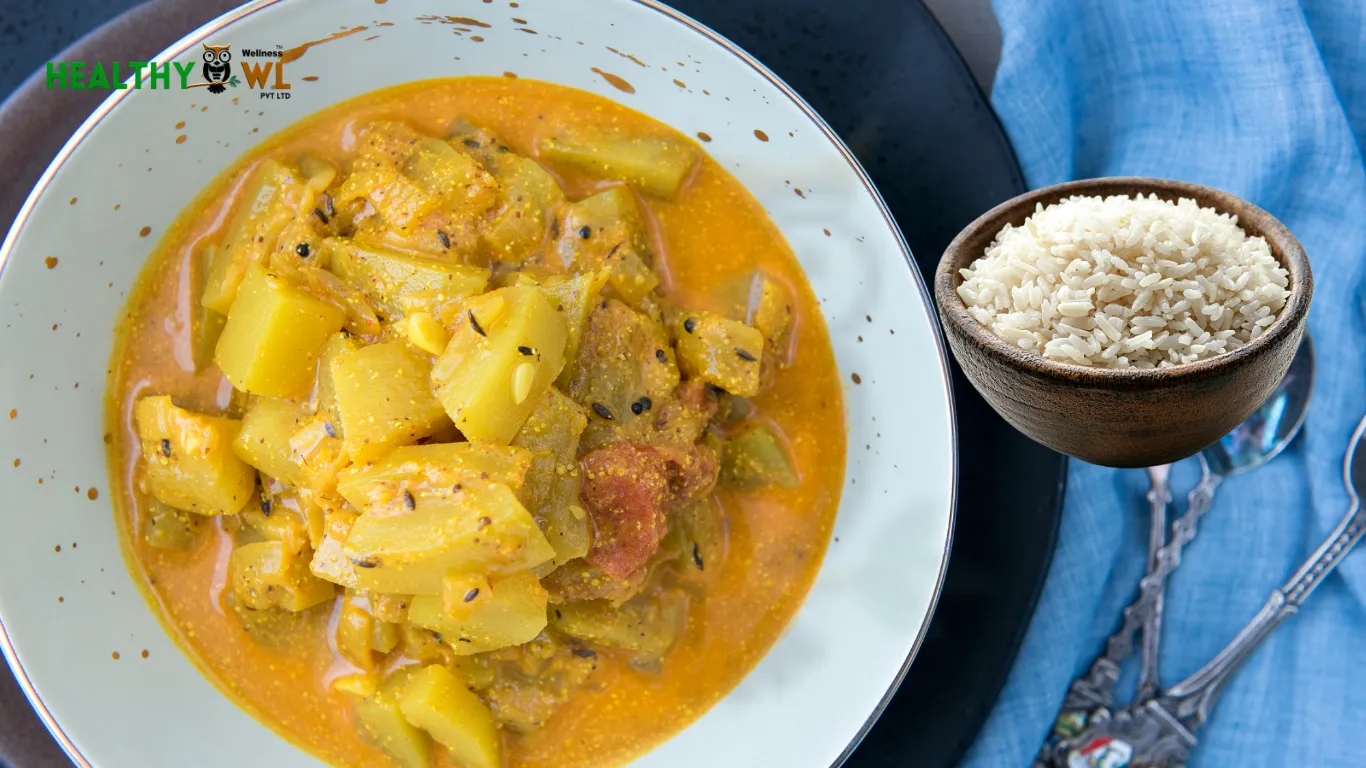As the cold winds of winter sweep in, our cravings naturally shift toward comfort foods that keep us warm and satisfied. But what if those comfort foods could also nourish your body, boost your immunity, and help you thrive during the colder months? Enter winter superfoods—nutrient-packed ingredients that warm you from the inside while providing essential vitamins and minerals to support your health.
Winter often leads to reduced sun exposure, resulting in lower vitamin D levels, which can affect both mood and immunity. The body also requires more nutrient-dense, warming foods during this time to maintain energy and stay healthy. In this blog, we’ll explore the best winter superfoods and how to incorporate them into your meals for a nourishing and cozy season.
Why Superfoods Are Essential in Winter
Winter takes a toll on the body with cold weather, shorter days, and flu season, so your immune system needs extra support. Superfoods, known for their high nutrient density, provide antioxidants, vitamins, and minerals to help maintain overall wellness.
Certain foods not only nourish you but also help generate internal warmth—perfect for keeping you cozy while providing whole, unprocessed nutrition.
Top Winter Superfoods to Add to Your Diet
- Sweet Potatoes
Sweet potatoes are rich in beta-carotene, which helps protect your skin from the drying effects of winter while boosting your immune system. Enjoy them roasted, in soups, or mashed with warming spices like cinnamon. - Citrus Fruits
Winter is prime citrus season. Oranges, grapefruits, and lemons are packed with vitamin C, essential for boosting immunity and keeping you hydrated. A citrus salad or adding lemon to tea are easy ways to reap the benefits. - Ginger
This warming spice improves digestion and circulation, keeping you toasty from the inside out. Known for its anti-inflammatory properties, ginger is a great addition to soups, stir-fries, or brewed as tea. - Dark Leafy Greens
Vegetables like kale, spinach, and Swiss chard are loaded with vitamins A, C, and K, as well as iron. These nutrients help prevent winter fatigue and keep your immune system strong. Sauté them or toss into soups for extra nutrition. - Oats
A warm bowl of oatmeal is the perfect start to a winter morning. Oats provide sustained energy and are high in fiber, promoting gut health and helping to lower cholesterol. Top with nuts, seeds, and fruit for a nutritious boost. - Beets
Beets are rich in folate and fiber and improve blood flow, which is especially helpful in cold weather. Roast them for a sweet, earthy side dish or add them to salads and smoothies. - Pomegranates
This antioxidant-packed fruit helps support heart health and is rich in vitamin C. Sprinkle pomegranate seeds over salads, oatmeal, or yogurt for a burst of flavor and nutrition. - Nuts and Seeds
Almonds, walnuts, chia seeds, and flaxseeds are full of healthy fats and fiber. These foods provide long-lasting energy and help keep you warm. Add them to oatmeal, salads, or enjoy as a snack. - Garlic and Onions
Known for their immune-boosting properties, garlic and onions are rich in sulfur compounds that support the immune system. Incorporate them into soups, stews, and roasted dishes for added flavor and health benefits. - Turmeric
This golden spice contains curcumin, a powerful anti-inflammatory compound that supports immune health. Add turmeric to curries, soups, or make a golden milk drink to keep you warm and healthy.
Additional Superfoods for Winter
- Root Vegetables (Carrots, Turnips, Radishes)
These veggies are widely available in winter and have warming properties. Rich in vitamin A and potassium, they help support immunity and skin health during the colder months. Roast them or add to hearty stews for a filling, nutritious meal. - Legumes (Lentils, Chickpeas)
Perfect for soups and stews, legumes are packed with plant-based protein and fiber, helping you feel full and warm. Lentil soups and chickpea stews are great for maintaining energy levels in winter. - Ghee (Clarified Butter)
Common in Indian cuisine, ghee has warming properties and aids digestion when used in moderation. It can be used in place of other cooking oils or as a topping for winter dishes. - Herbs and Spices (Cinnamon, Cardamom)
Along with ginger and turmeric, cinnamon and cardamom are excellent for circulation, digestion, and warming the body. Add these spices to your tea, oatmeal, or stews for a cozy, fragrant meal. - Vitamin D-Rich Foods
Winter often leads to lower vitamin D levels due to reduced sun exposure. Incorporate vitamin D-rich foods like mushrooms exposed to sunlight, fortified plant-based milks, and fish (for non-vegetarians). If necessary, consult with a healthcare professional about taking supplements during the colder months.
How to Incorporate Winter Superfoods into Your Diet
- Start Your Day Warm
Begin your morning with a bowl of oatmeal topped with nuts, seeds, and fresh fruit. Pair it with a glass of citrus juice or a warm cup of ginger tea to boost your energy and immunity. - Warming Winter Soups
Combine root vegetables, dark leafy greens, and legumes into hearty soups. Add garlic, ginger, and turmeric for extra flavor and health benefits. - Roasted Veggie Bowls
Roasting vegetables like sweet potatoes, beets, and onions brings out their natural sweetness. Add warming spices like cinnamon or cardamom for a simple, nourishing winter meal. - Citrus-Infused Salads
Try a winter salad with spinach, pomegranate seeds, and orange slices for a refreshing dish that packs a nutrient punch. Add a sprinkle of nuts or seeds for extra crunch and nutrition.
Conclusion
Winter doesn’t have to be a season of heavy, unhealthy comfort foods. With the right superfoods in your diet, you can nourish your body, boost your immunity, and stay warm throughout the season. Focus on incorporating these nutrient-dense ingredients into your meals, and you’ll feel more energized and resilient as you embrace the colder months.
Are you looking for more ways to incorporate these superfoods into your winter routine?
Healthy Owl Wellness can help create a personalized nutrition plan tailored to your needs. Contact us today to stay warm, healthy, and energized this winter!
Source Section
- MDPI
- Healthline
Journal of Nutritional Science











